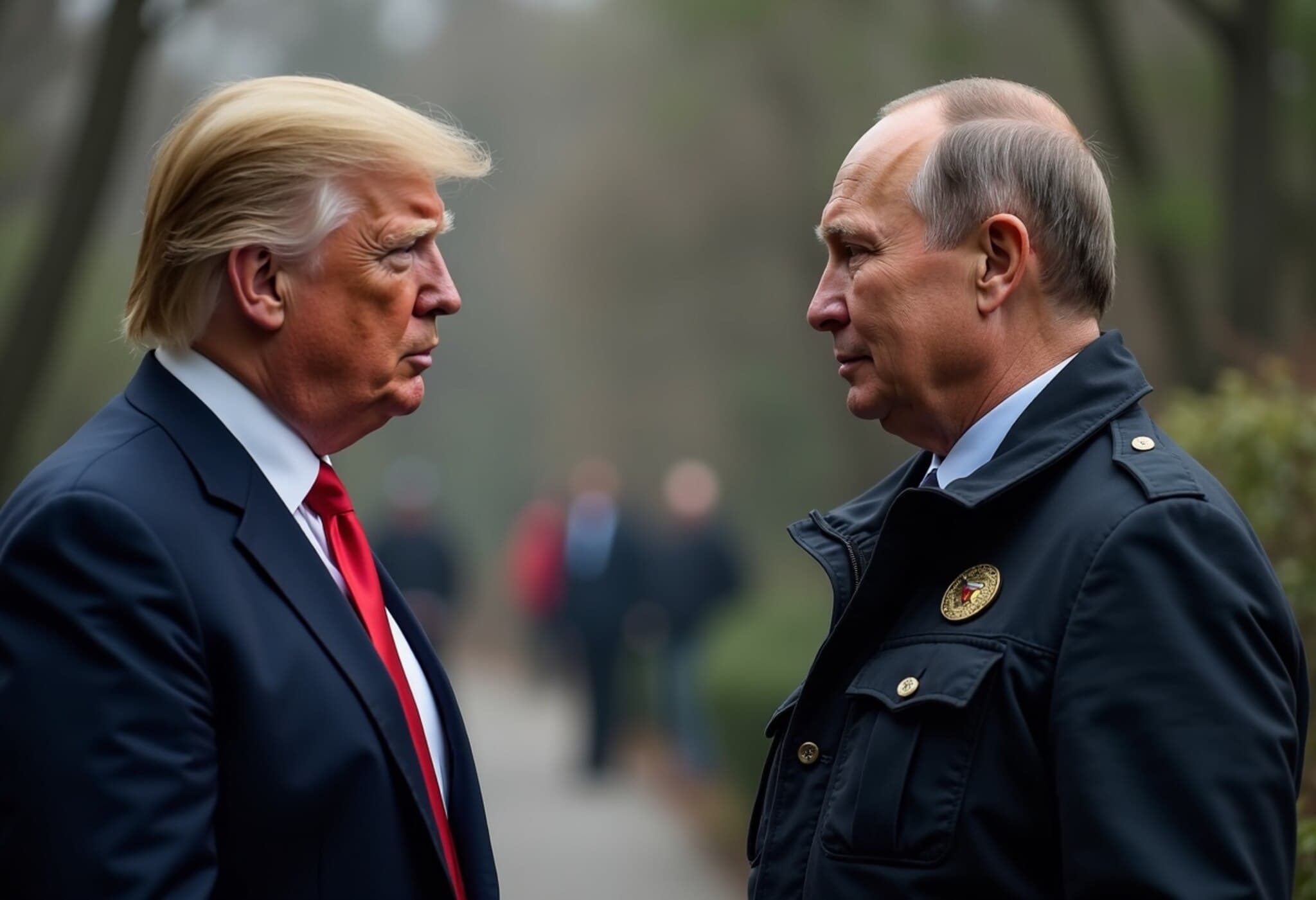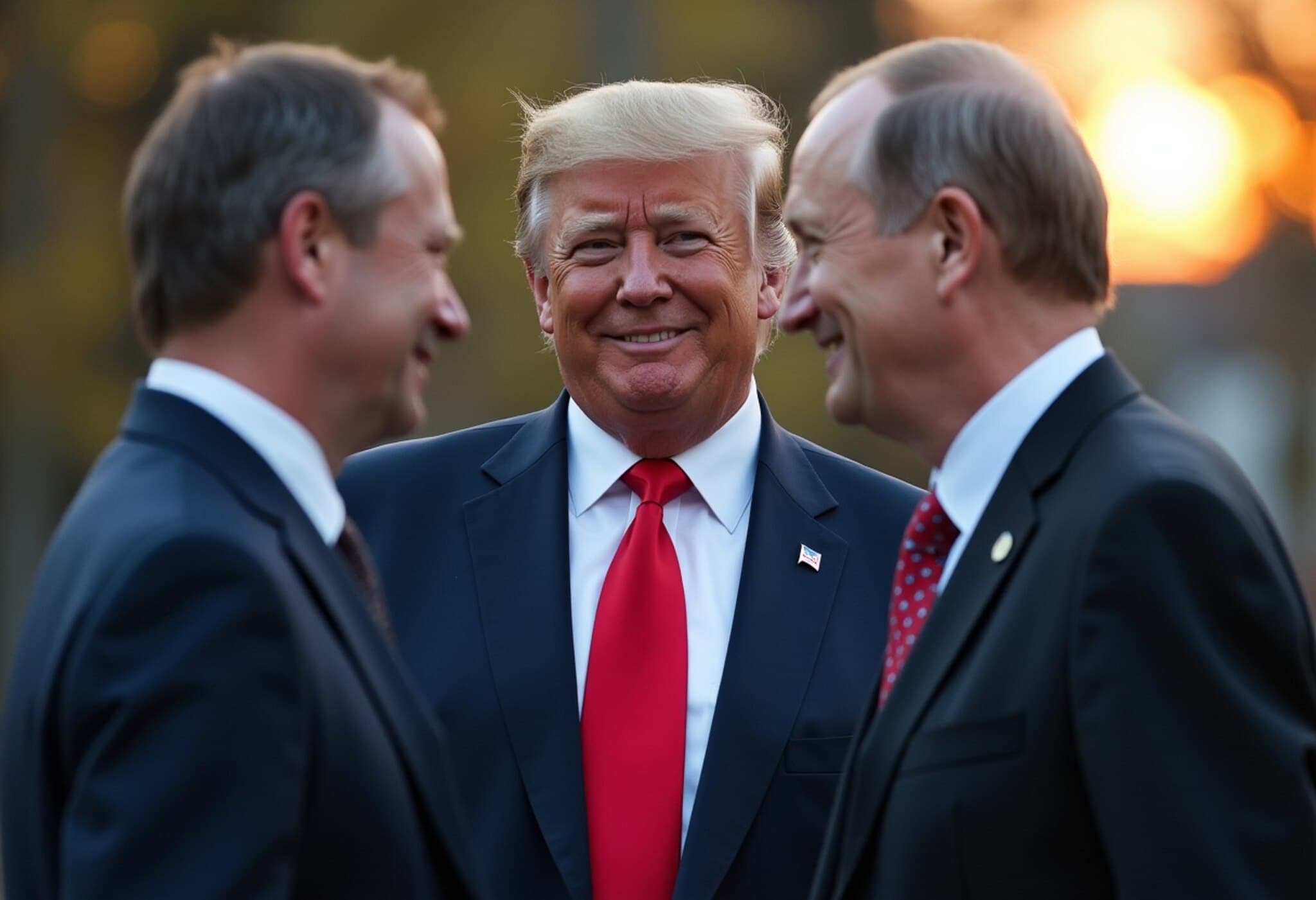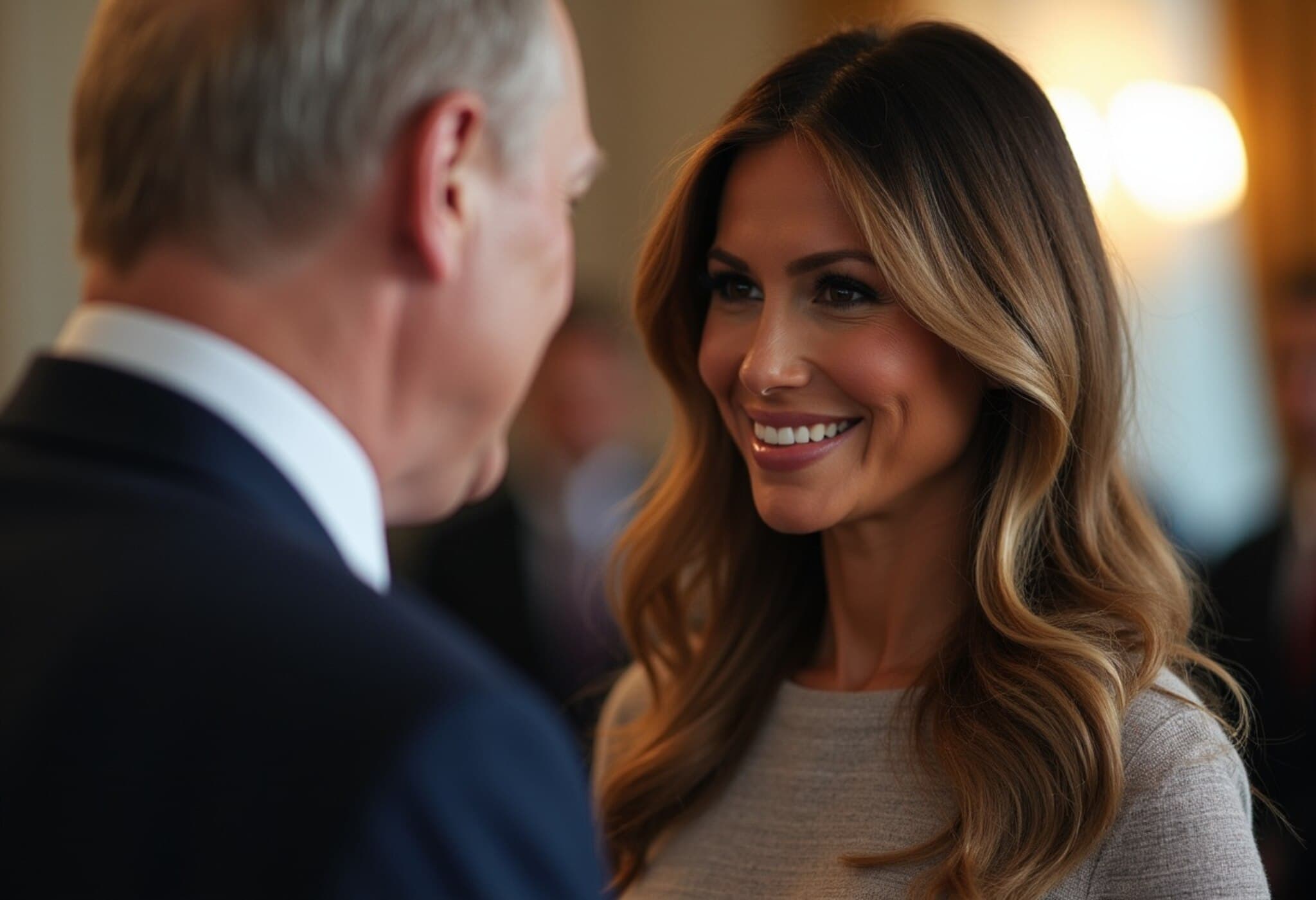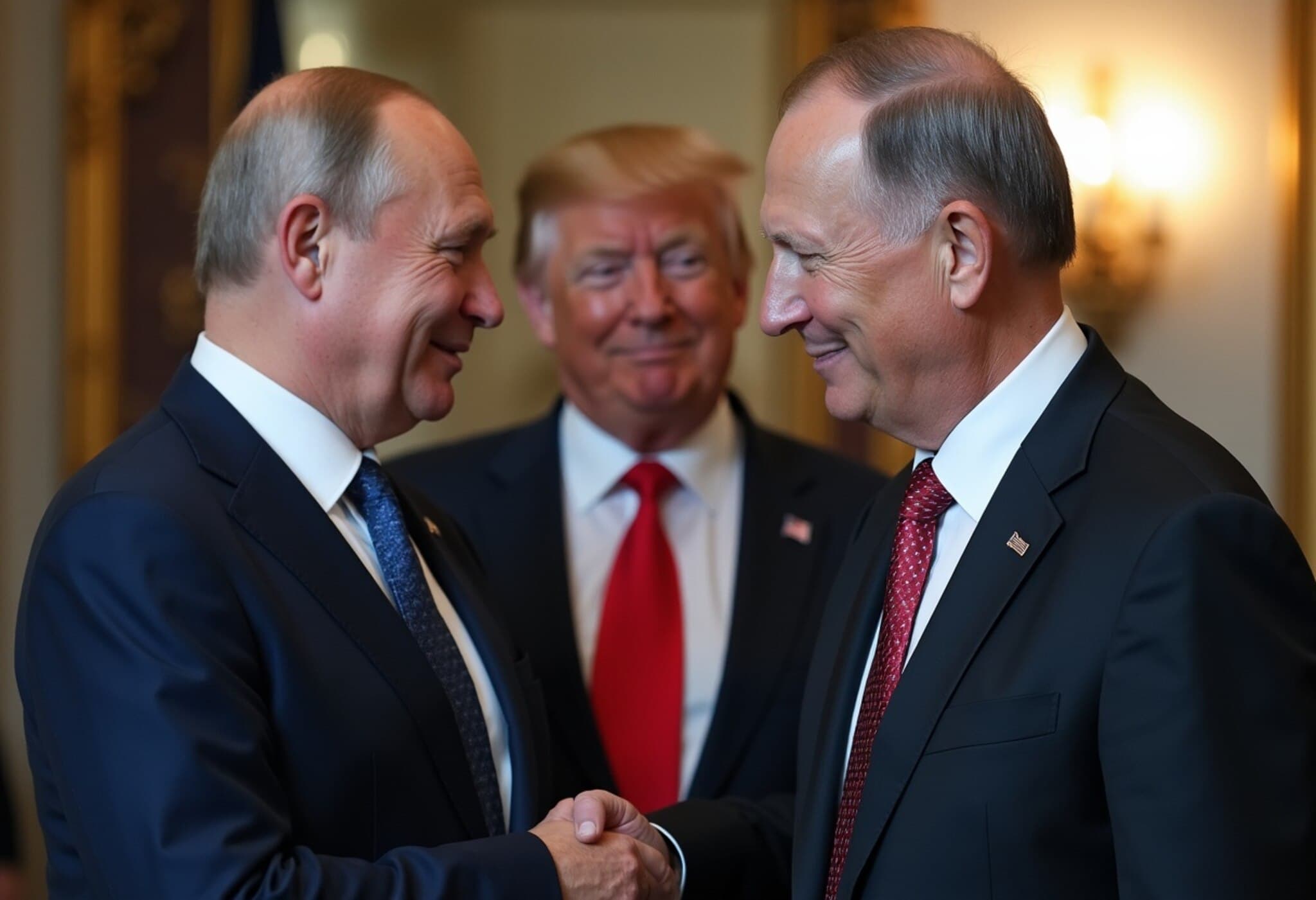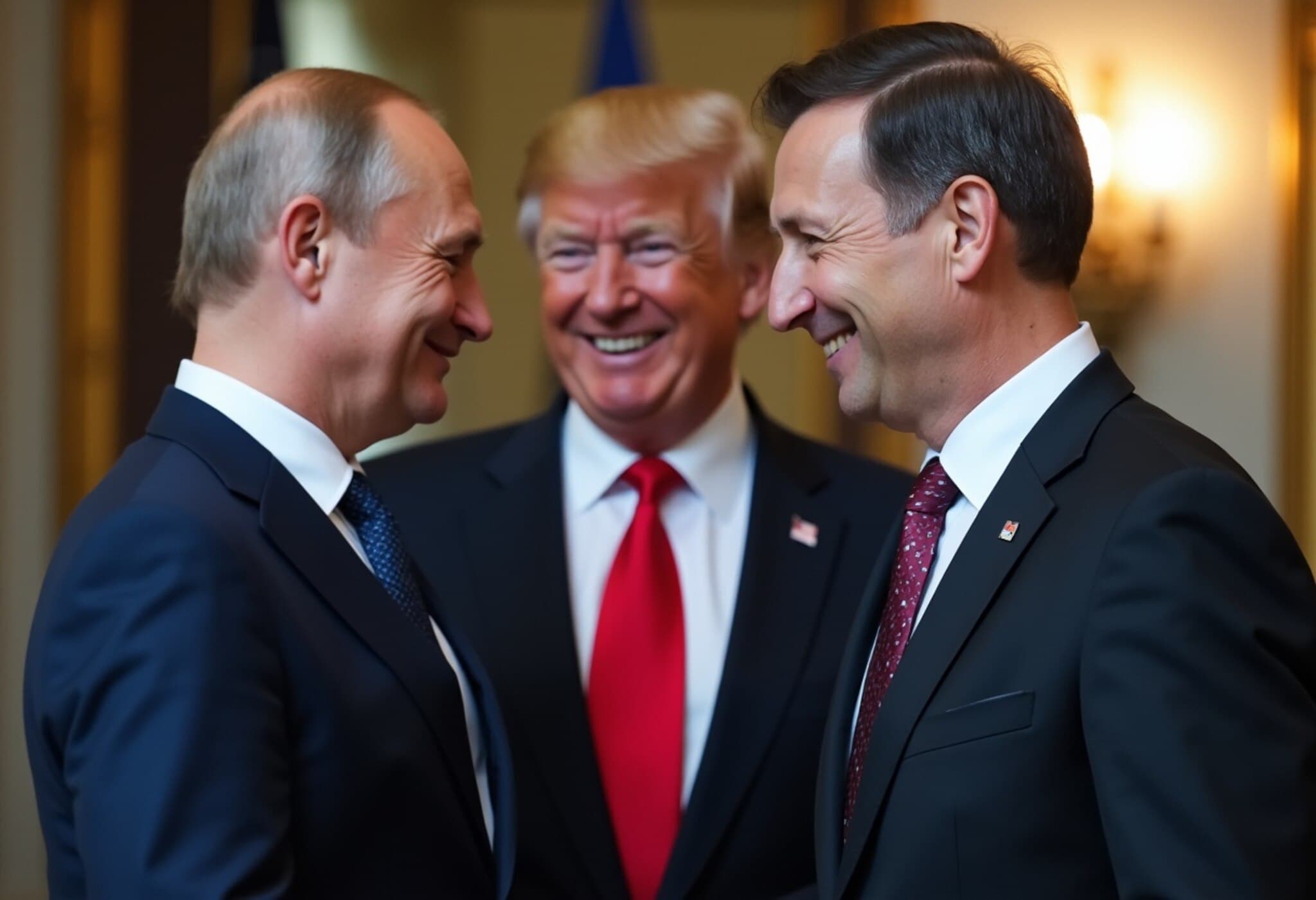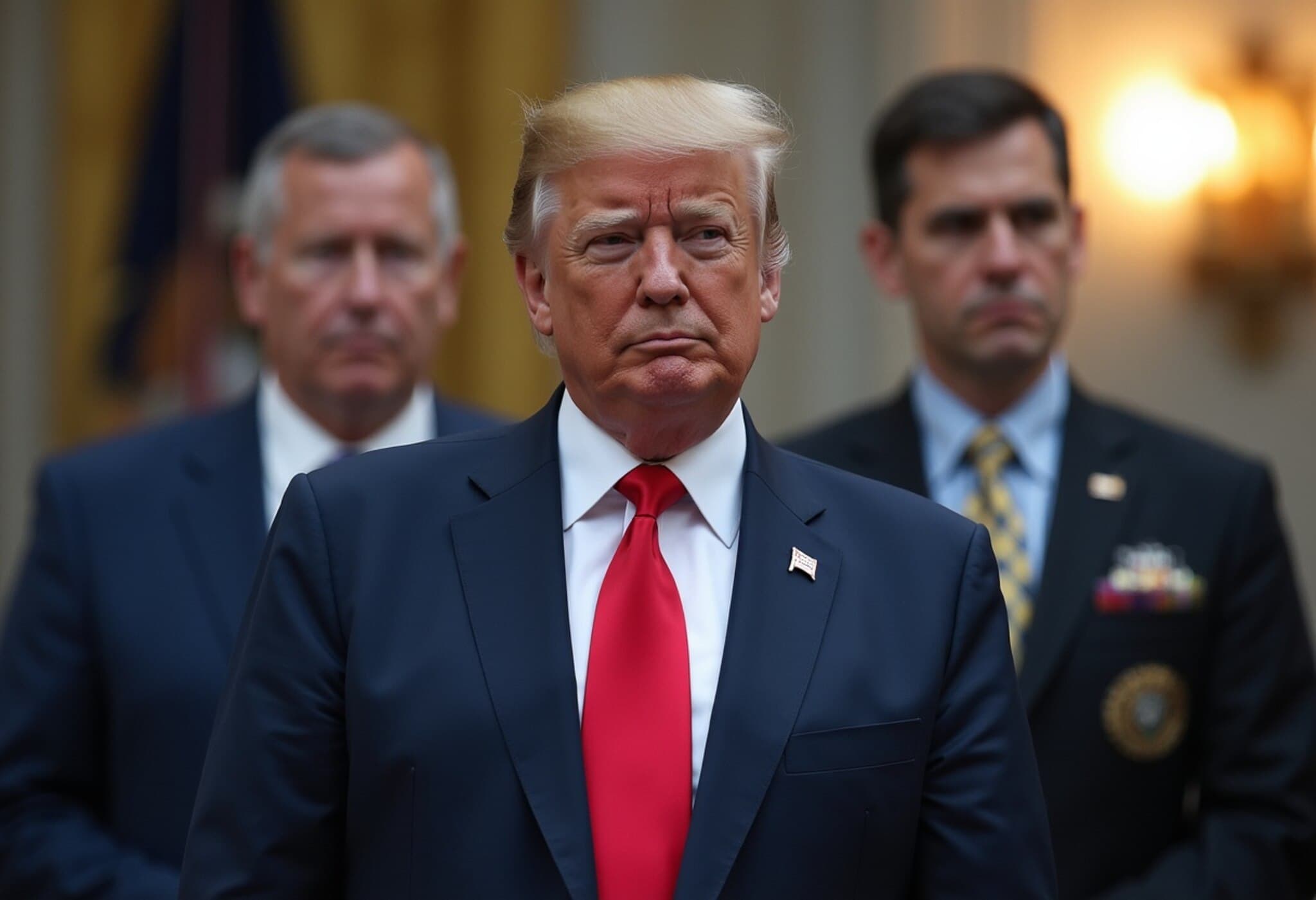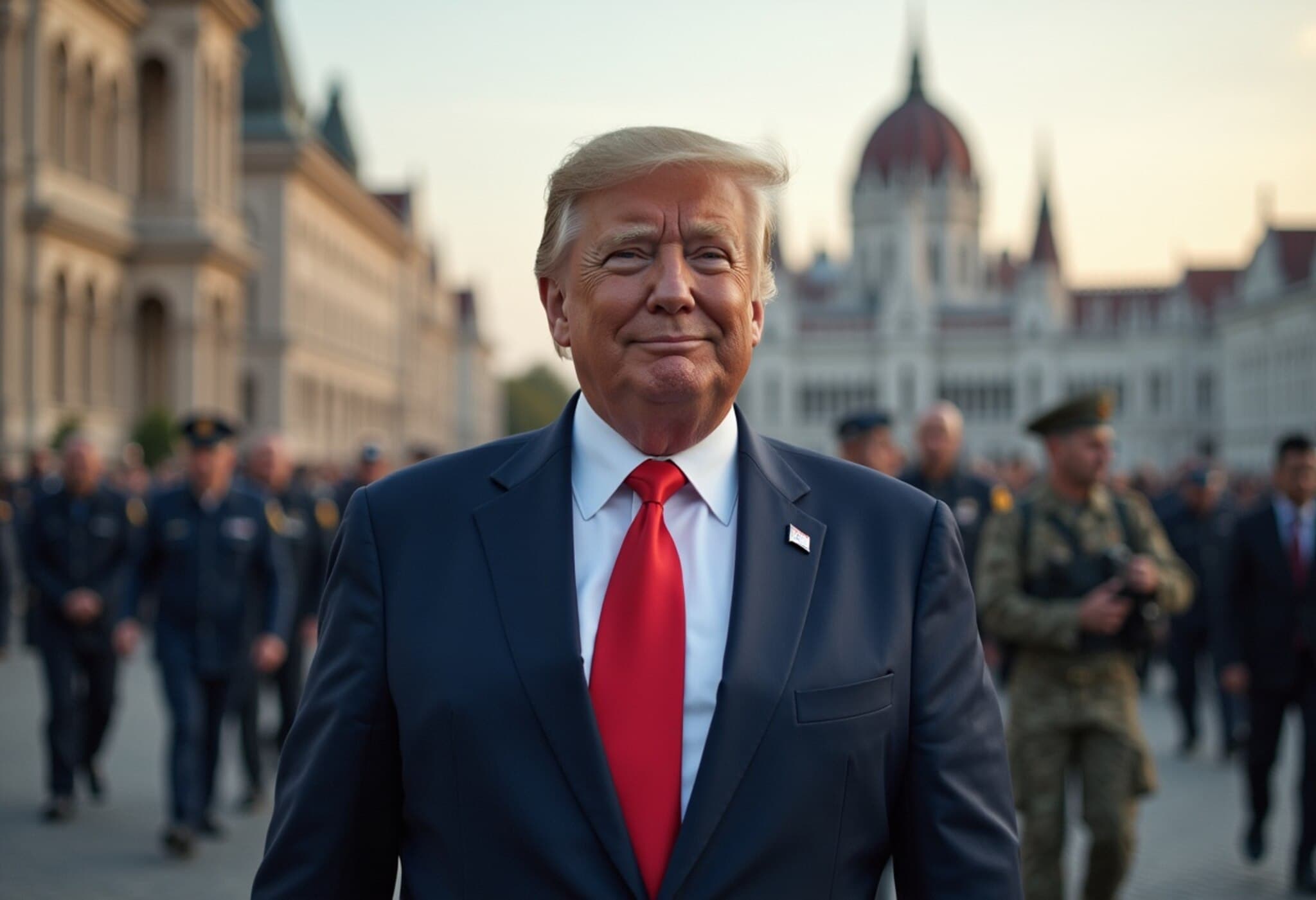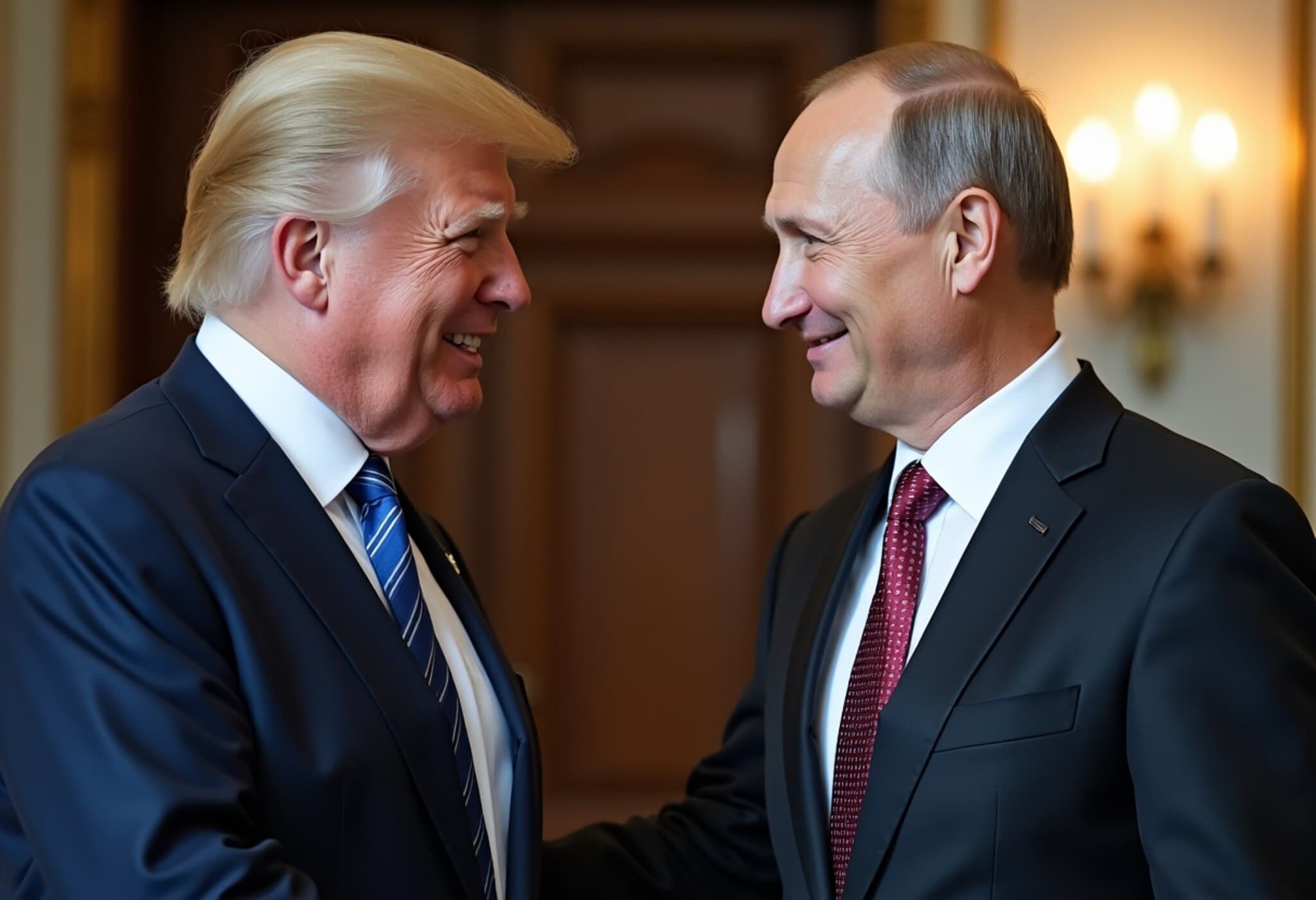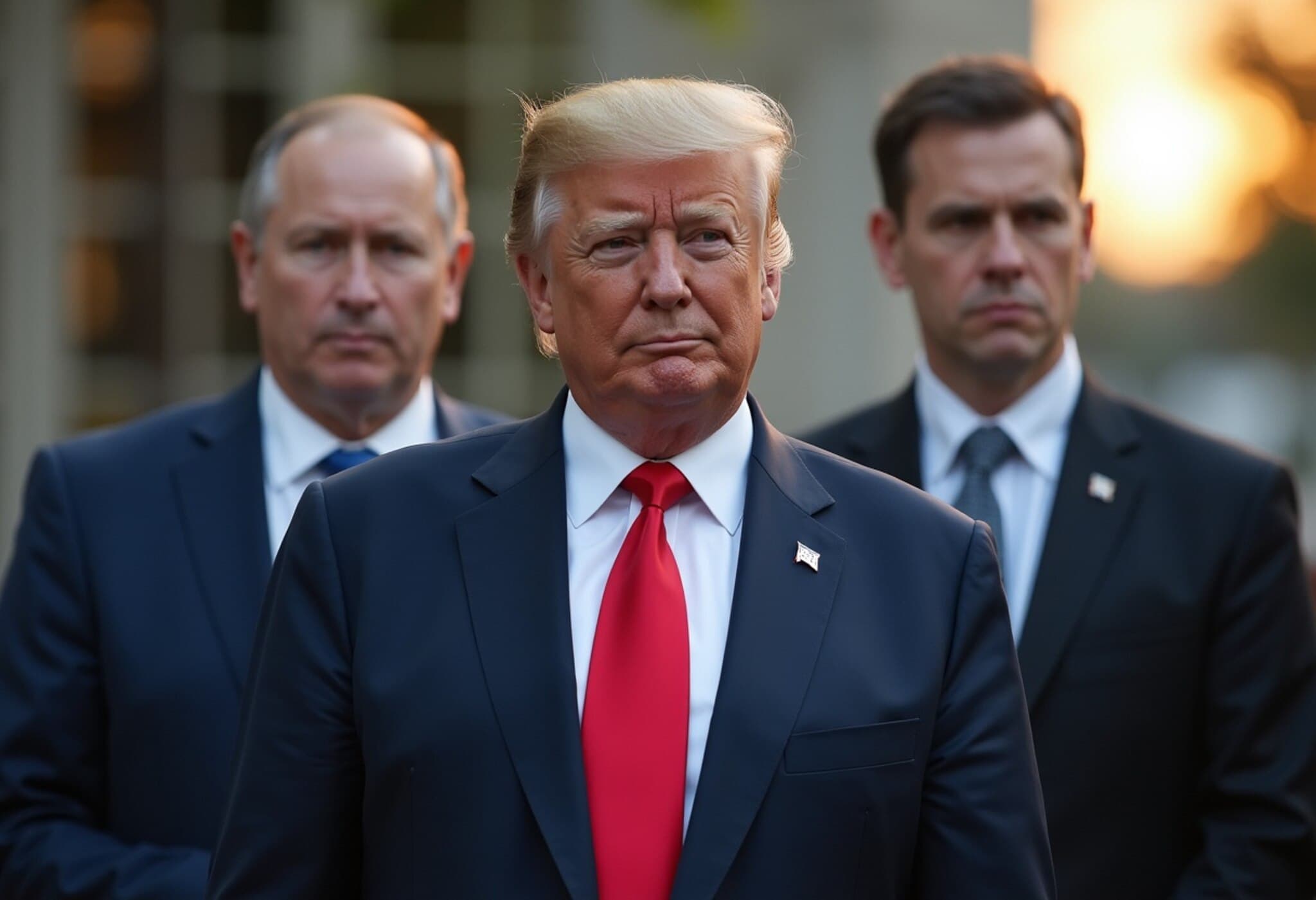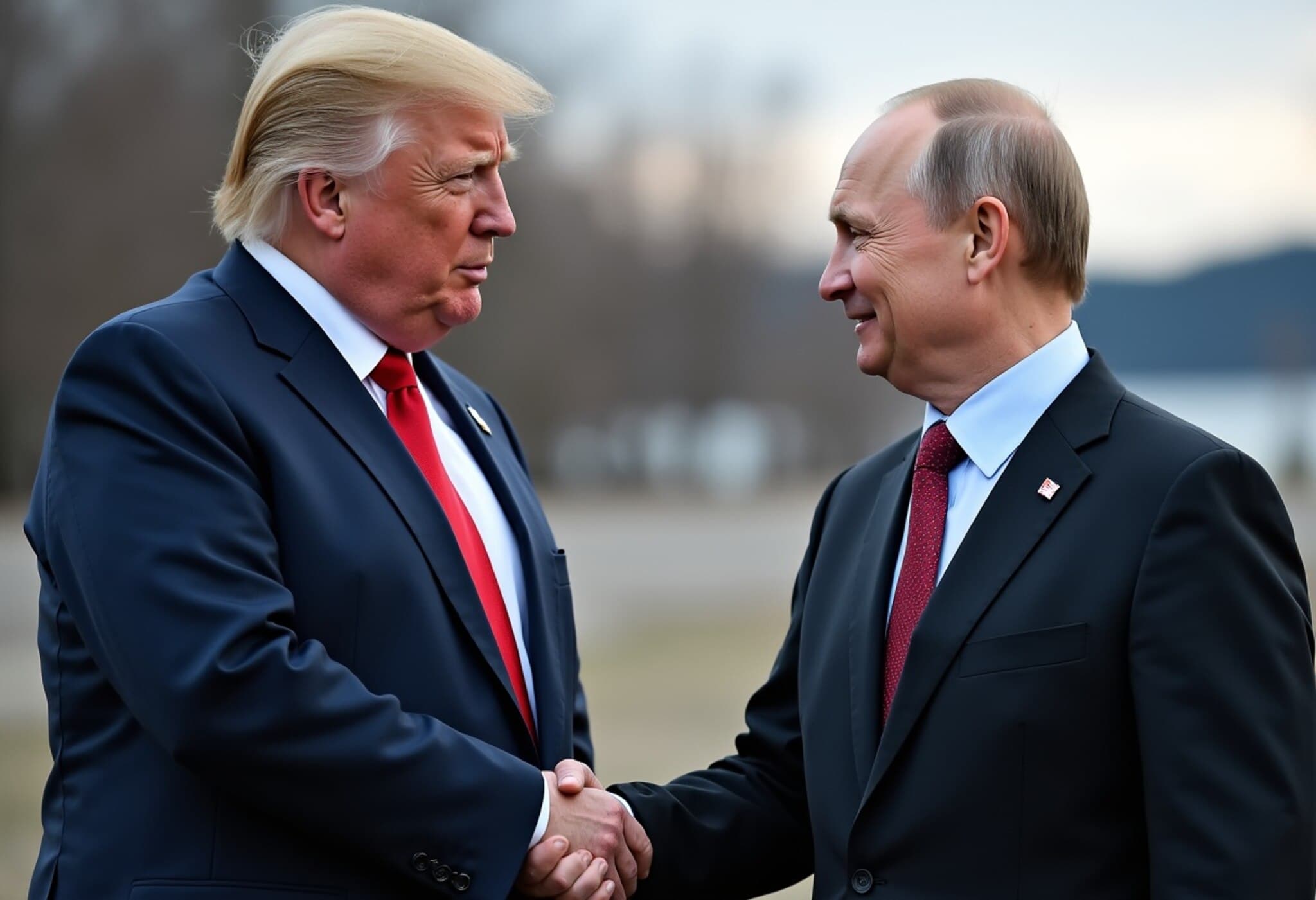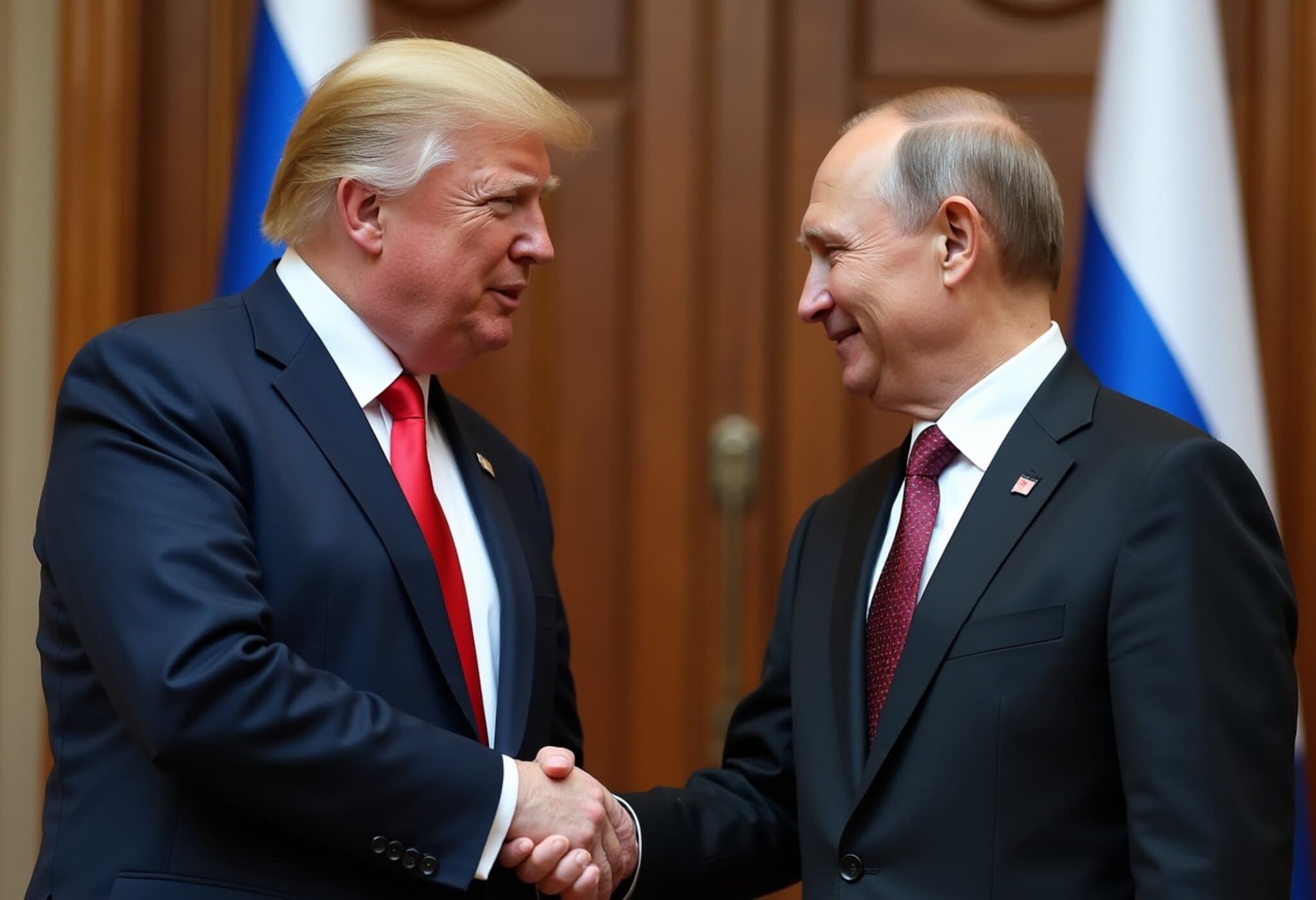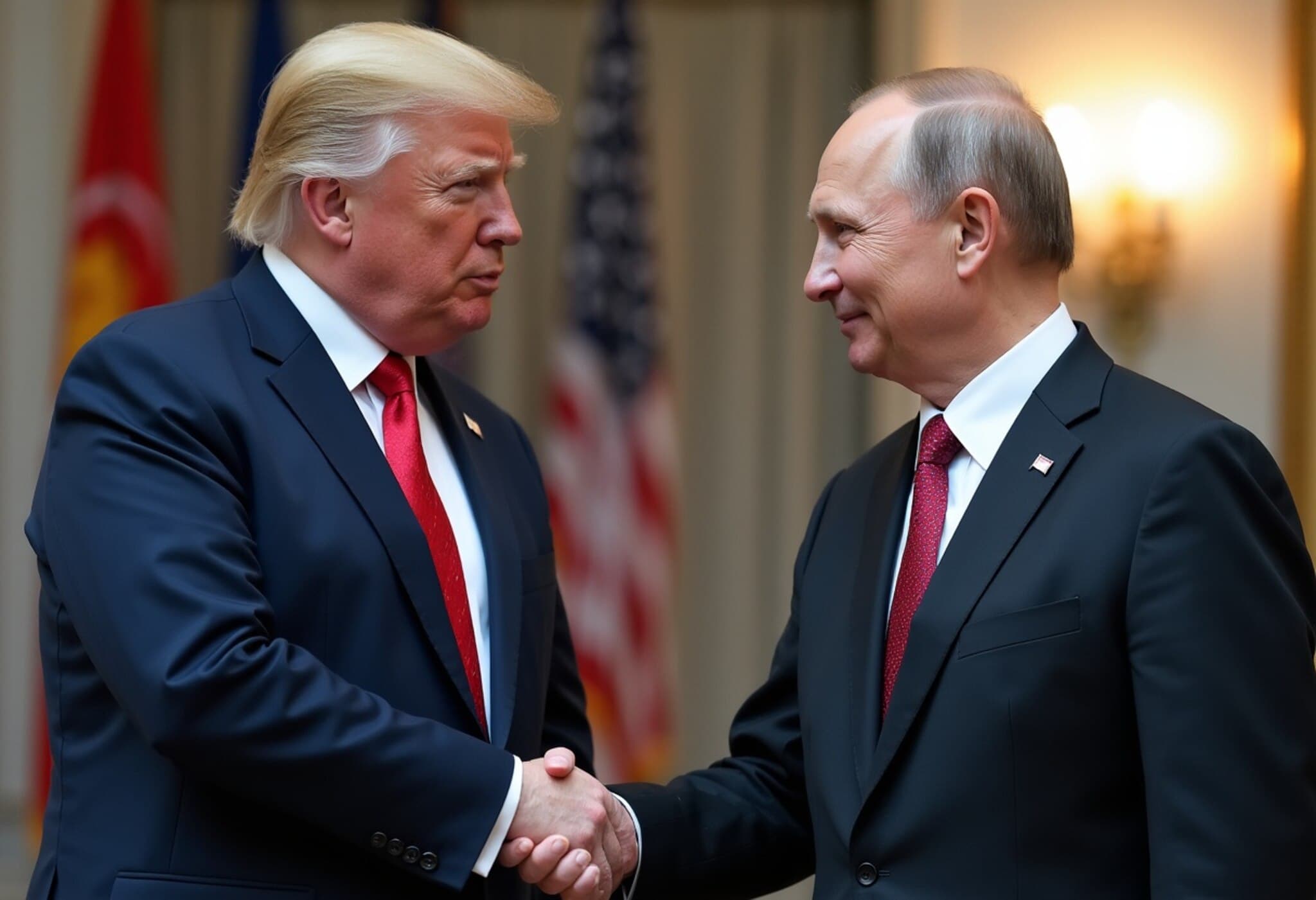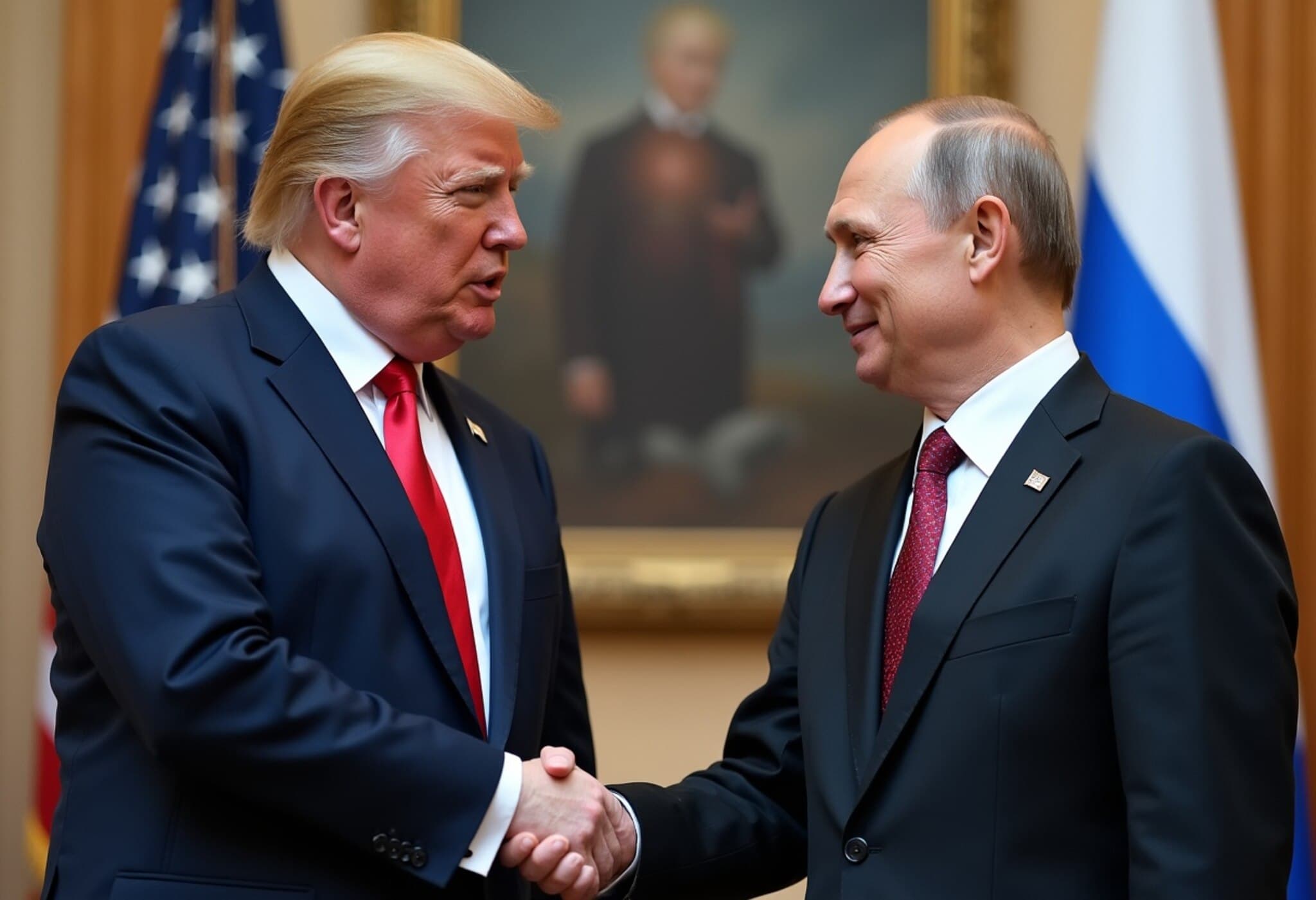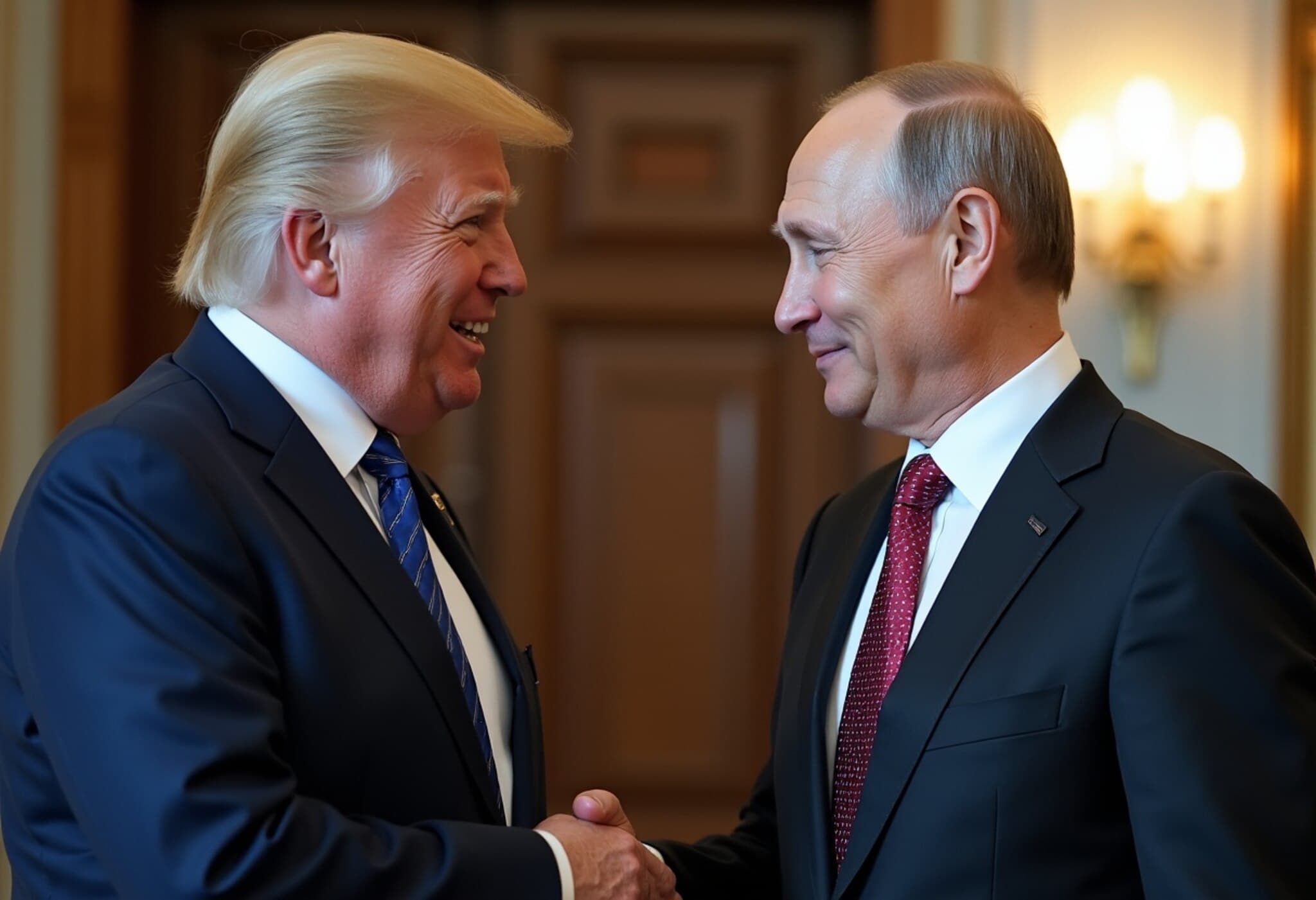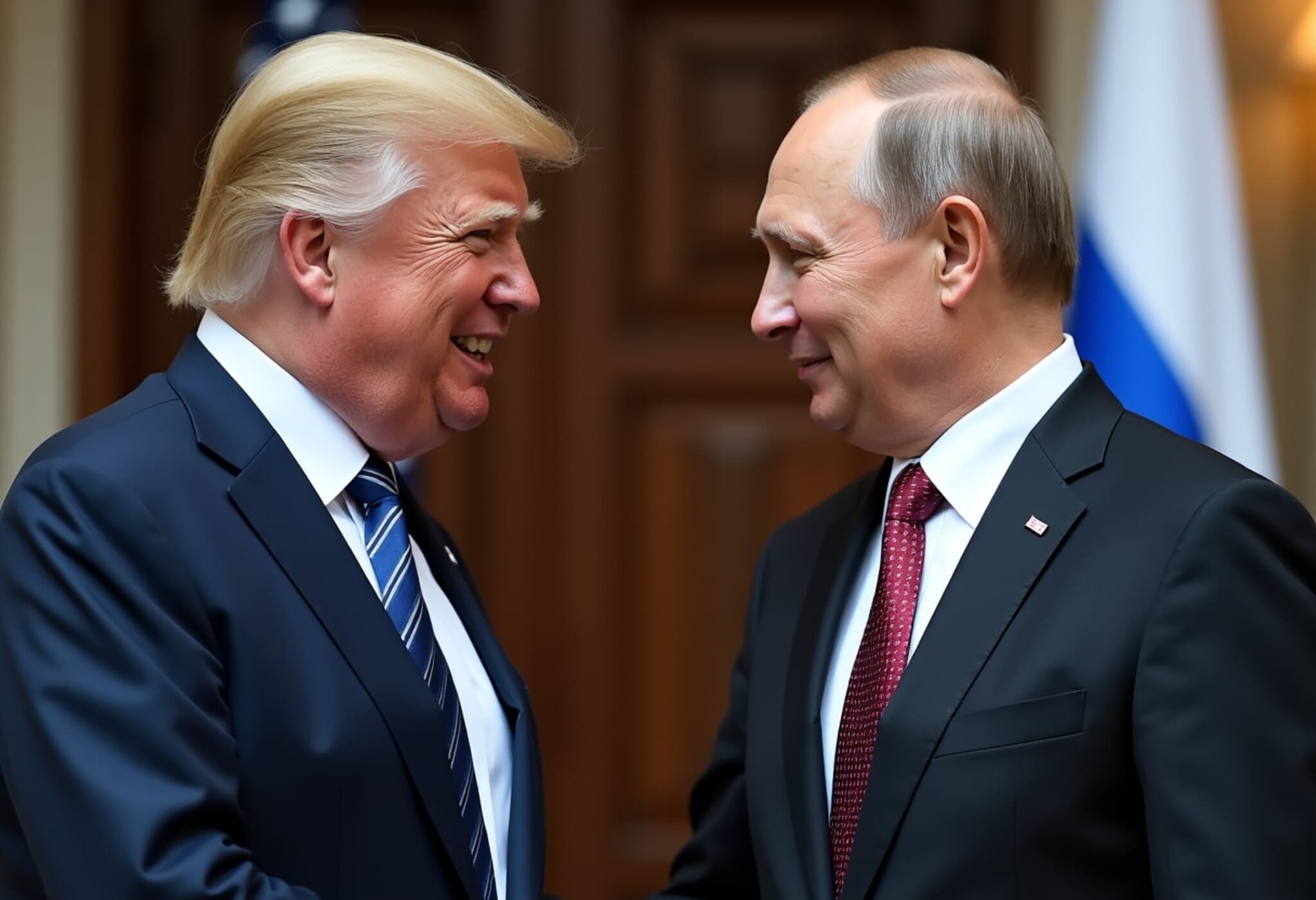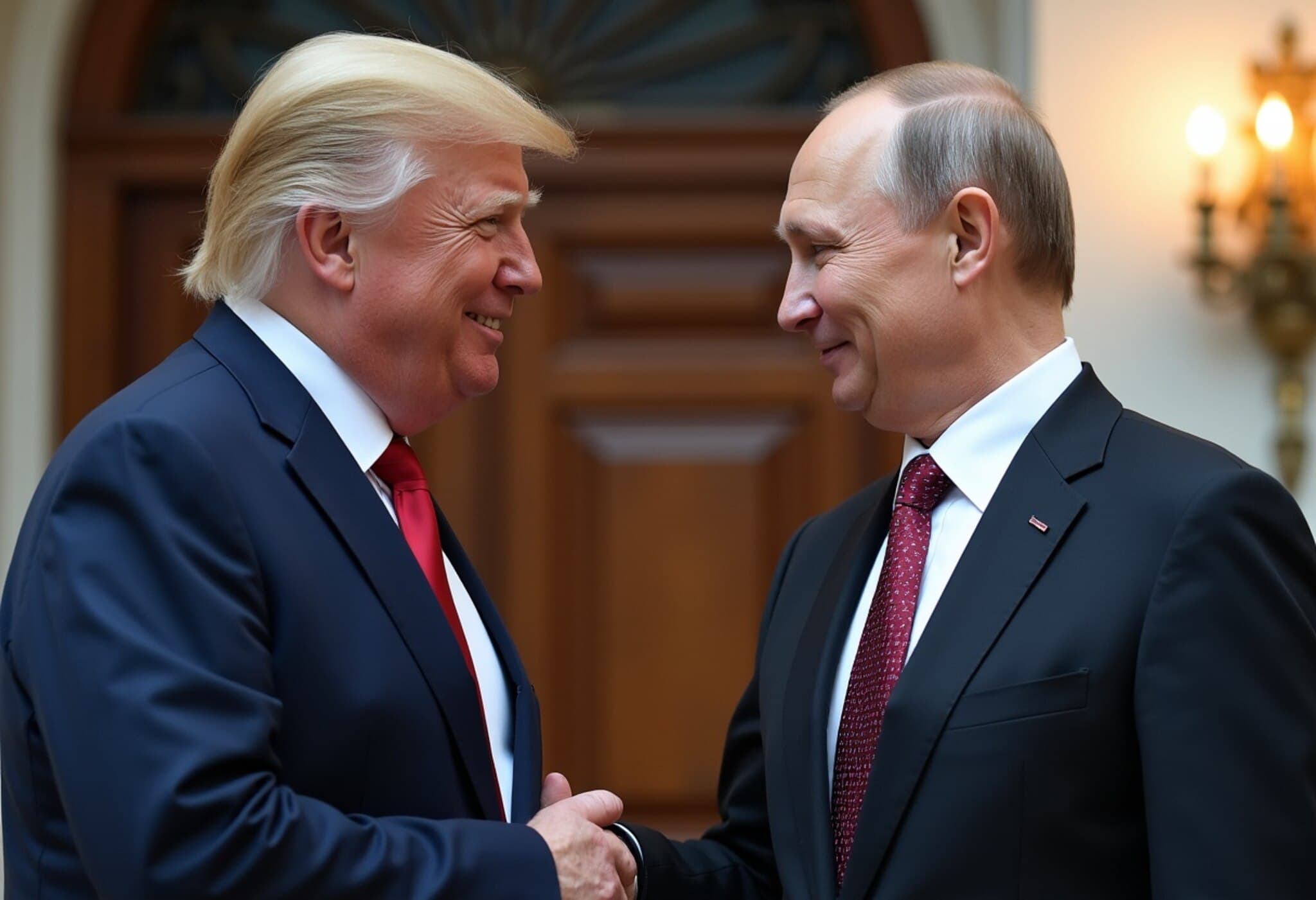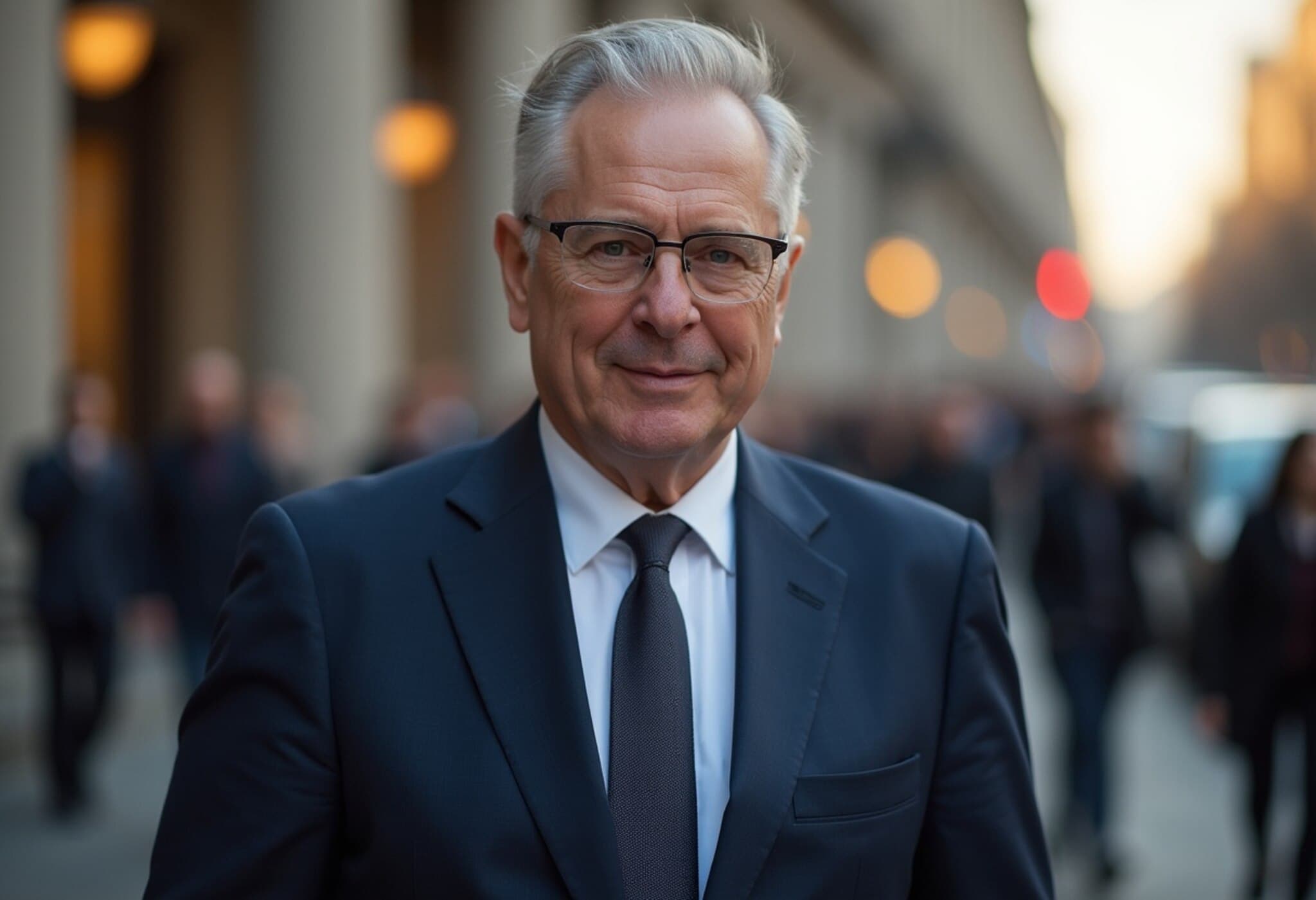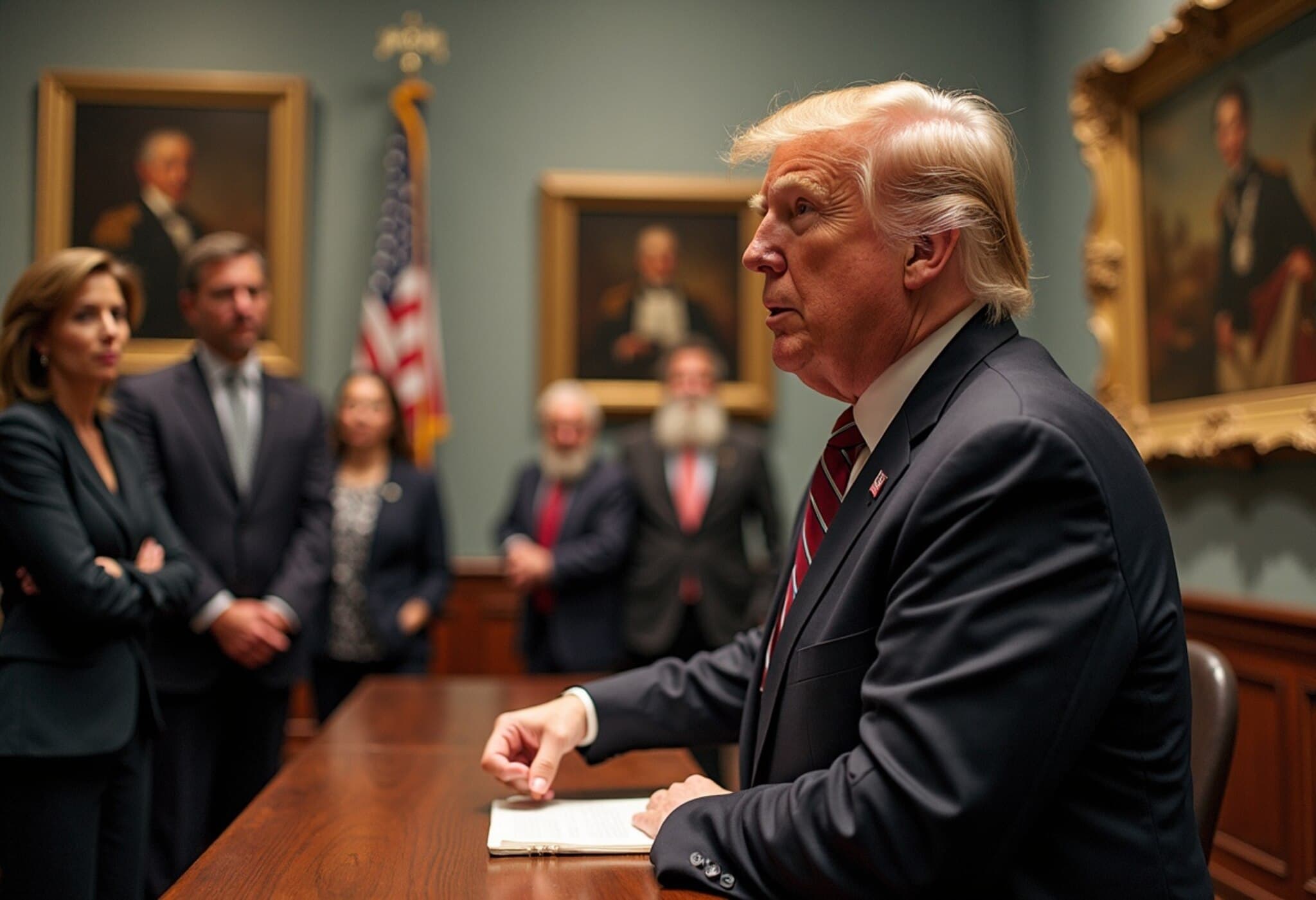Trump and Putin to Meet in Alaska Without Ukraine’s President
In a surprising development in the ongoing Ukraine conflict, U.S. President Donald Trump has agreed to meet Russian President Vladimir Putin for peace talks scheduled this Friday in Alaska. Notably, Ukrainian President Volodymyr Zelenskyy has been excluded from these discussions, as the meeting was organized solely at Putin’s request. This decision has ignited debates among international leaders and experts, raising important questions about the structure and legitimacy of peace negotiations.
Understanding the Summit’s Dynamics
White House Press Secretary Karoline Leavitt emphasized that the purpose of the summit is to provide President Trump with firsthand insight into how to potentially end the war in Ukraine. "President Trump believes that face-to-face dialogue with President Putin offers the best opportunity to understand the prospects for peace," Leavitt said. While the meeting is bilateral—between the U.S. and Russia—it is set against the backdrop of a complex, ongoing conflict between Russia and Ukraine.
Why Was Zelenskyy Left Out?
The absence of President Zelenskyy from this meeting has intensified concerns about the legitimacy of any potential agreements reached without Ukraine's participation. Zelenskyy himself issued a strong statement, asserting that any peace deal excluding Ukraine is doomed to fail. "Decisions made without Ukraine are decisions against peace," he warned, underscoring the principle that Ukraine must be at the negotiating table if true resolution is to be achieved.
European Allies Stand Firm with Ukraine
Echoing Zelenskyy's stance, a coalition of European leaders released a statement asserting that peace in Ukraine cannot be decided without Ukraine’s involvement. This solidarity reflects ongoing Western support for Ukrainian sovereignty and signals resistance to unilateral agreements that could undermine Ukraine's territorial integrity.
Trump’s Perspective and Potential Outcomes
President Trump has openly stated that he will use the meeting to assess Putin's sincerity regarding peace negotiations, acknowledging that resolving the crisis might entail controversial "land swaps" between the two countries. After the talks, Trump plans to update both Zelenskyy and European leaders, saying, "If it’s a fair deal, I will share it with NATO and President Zelenskyy. If not, I will encourage Ukraine to continue defending itself." This dual possibility reflects the delicate balance the U.S. must maintain as a mediator.
Venue and Symbolism
The choice of Alaska as the venue carries symbolic weight—it’s part of the United States but geographically distant from the traditional centers of power. Leavitt remarked that Trump is honored to host Putin on American soil, highlighting the significance of direct engagement despite strained relations.
Expert Insight: Unpacking the Challenges
From a policy standpoint, excluding Ukraine casts doubt on the feasibility of any immediate peace settlement. Peace experts argue that sustainable resolutions to international conflicts require the inclusion of all primary stakeholders to ensure agreements are both practical and defensible. This exclusion risks undermining Ukraine's trust in the process and could exacerbate tensions within NATO and the European Union, which stand firmly behind Kyiv.
Moreover, the prospect of "land swaps" raises sensitive issues about national sovereignty and international law, touching on broader American and global concerns about respecting borders and preventing further aggression.
Looking Ahead: Stakes and Questions
- Will this bilateral meeting pave the way for more inclusive diplomacy involving Ukraine?
- How will European allies respond if a deal acceptable to Russia and the U.S. fails to include Ukrainian consent?
- What implications could this have on the stability and unity of Western alliances?
Editor's Note
This Alaska summit represents a critical juncture in the Ukraine war’s diplomatic trajectory. While direct talks between major powers can break deadlocks, sidelining Ukraine risks creating agreements that lack legitimacy and sustainability. As this story unfolds, the global community must watch closely how regional security, international law, and the principles of sovereign self-determination influence the path towards peace.

